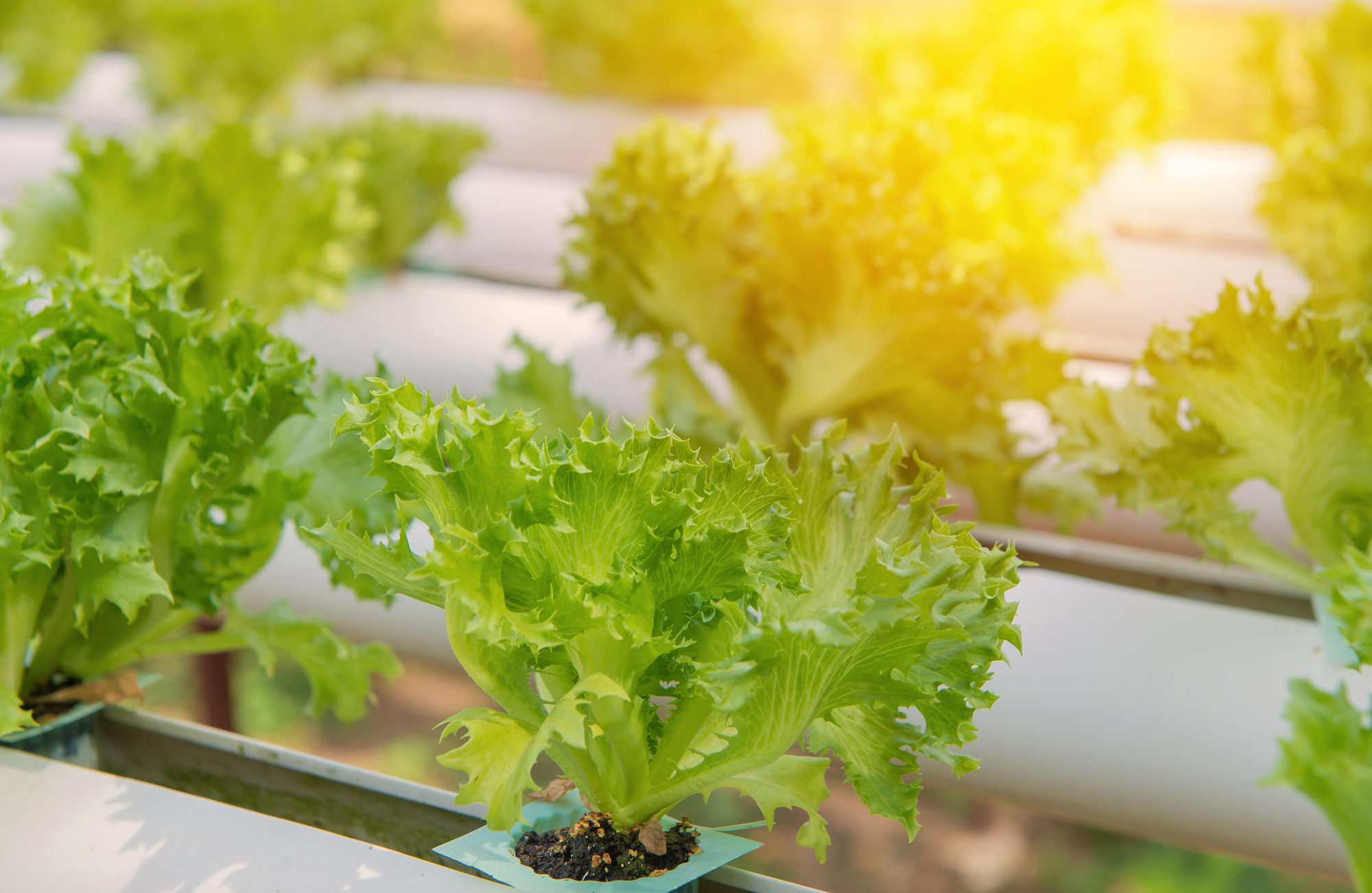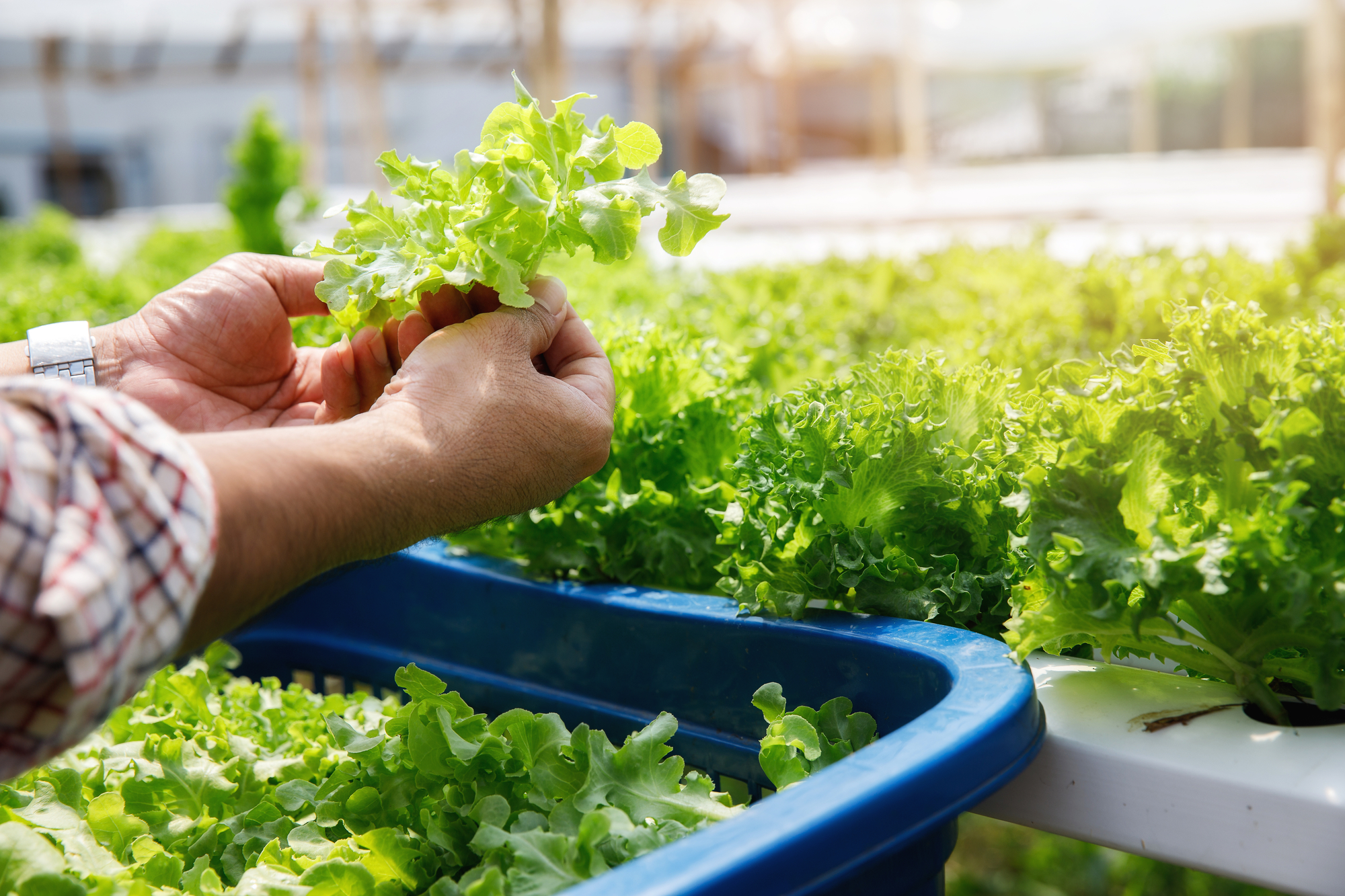Hydroponics Applications
From Home Gardens to Aquaponic Innovations
Hydroponics, the science of cultivating plants without soil, has revolutionized the way we think about farming. This method uses mineral nutrient solutions in water, enabling plants to grow faster, yield more, and use fewer resources than traditional soil-based farming. Below, we explore the various applications of hydroponics, from the confines of our homes to large-scale commercial ventures.



Home-based Hydroponic Gardening
Boosting Sustainability and Freshness at Home
Advantages:
- Space-Saving: Ideal for urban dwellers with limited outdoor space. You can set up a hydroponic garden in balconies, terraces, or even indoors.
- Clean and Efficient: Say goodbye to muddy soil and pests. With hydroponics, you get cleaner produce that’s often healthier and tastier.
- Higher Yields: Due to the direct nutrient supply, plants tend to grow faster and yield more.
Getting Started: Kits are available for beginners, or you can DIY with some basic supplies like containers, water pumps, and nutrient solutions.
Commercial Hydroponic Farming
The Future of Large-scale Crop Production
Advantages:
- Water-Efficiency: Uses up to 90% less water than conventional farming.
- Consistency: Year-round farming is possible, irrespective of weather conditions.
- Disease Control: Reduced risk of soil-borne diseases.
Real-World Application: From tomatoes to leafy greens, many commercial crops are now grown hydroponically. It’s especially popular in regions with poor soil quality or water scarcity.
Vertical Farming
Maximizing Yield Per Square Foot
What is it? A method where plants are grown in stacked layers, often integrated with urban structures like skyscrapers.
Advantages:
- Space-Efficiency: Ideal for urban areas where land is limited. One can produce more in a small footprint.
- Environmentally Friendly: Reduces transportation carbon footprint as these farms can be located closer to consumers.
- Enhanced Growth: Controlled environment ensures optimal light, nutrient, and humidity levels.
Aquaponics: Integrating Fish with Hydroponics
A Symbiotic Relationship for Maximized Efficiency
What is it? A system that combines aquaculture (raising fish) with hydroponics. The fish waste provides organic nutrients for the plants, and the plants help filter and purify the water, which is then recirculated back to the fish tanks.
Advantages:
- Self-Sustaining: Reduces the need for added nutrients as fish waste provides necessary nutrients for plant growth.
- Diverse Produce: Grow a variety of vegetables alongside fish like tilapia or trout for a diverse yield.
- Eco-friendly: Mimics natural ecosystems, leading to minimal waste and water usage.
Conclusion
The applications of hydroponics range widely, suiting different needs, spaces, and scales. Whether you’re a home gardener aiming for fresh herbs or an entrepreneur looking at commercial farming, hydroponics offers a sustainable and efficient way forward. Embracing these modern methods not only ensures food security but also paves the way for a more sustainable future.
Stay In Contact
Drop us a note and let us know what is on your mind regarding hydroponics.
Address
2700 Brase;ton Hwy. Suite 10-244, Dacula, Ga. 30019
Phone
(706) 247-7060
